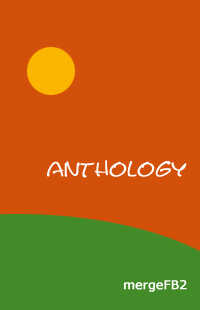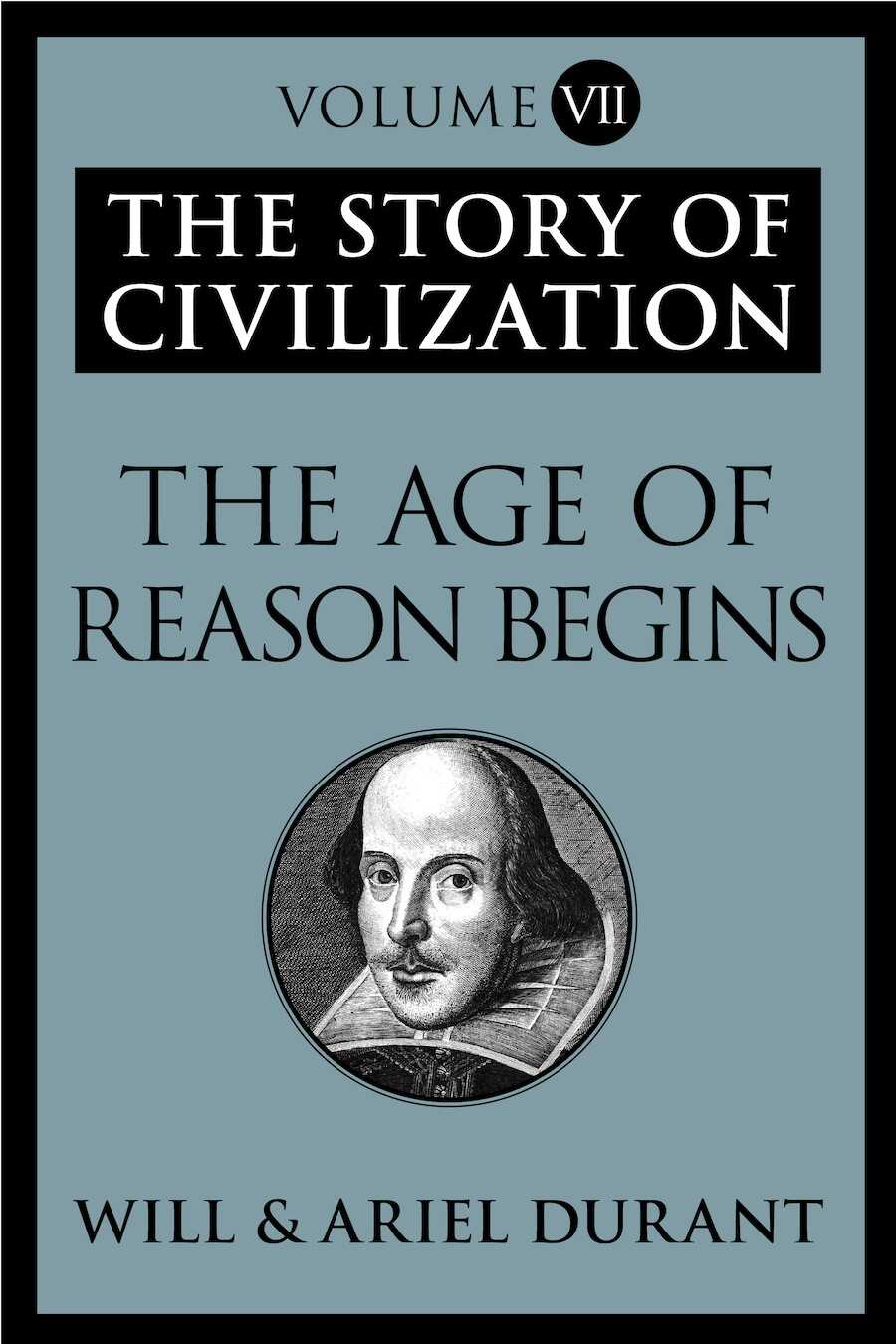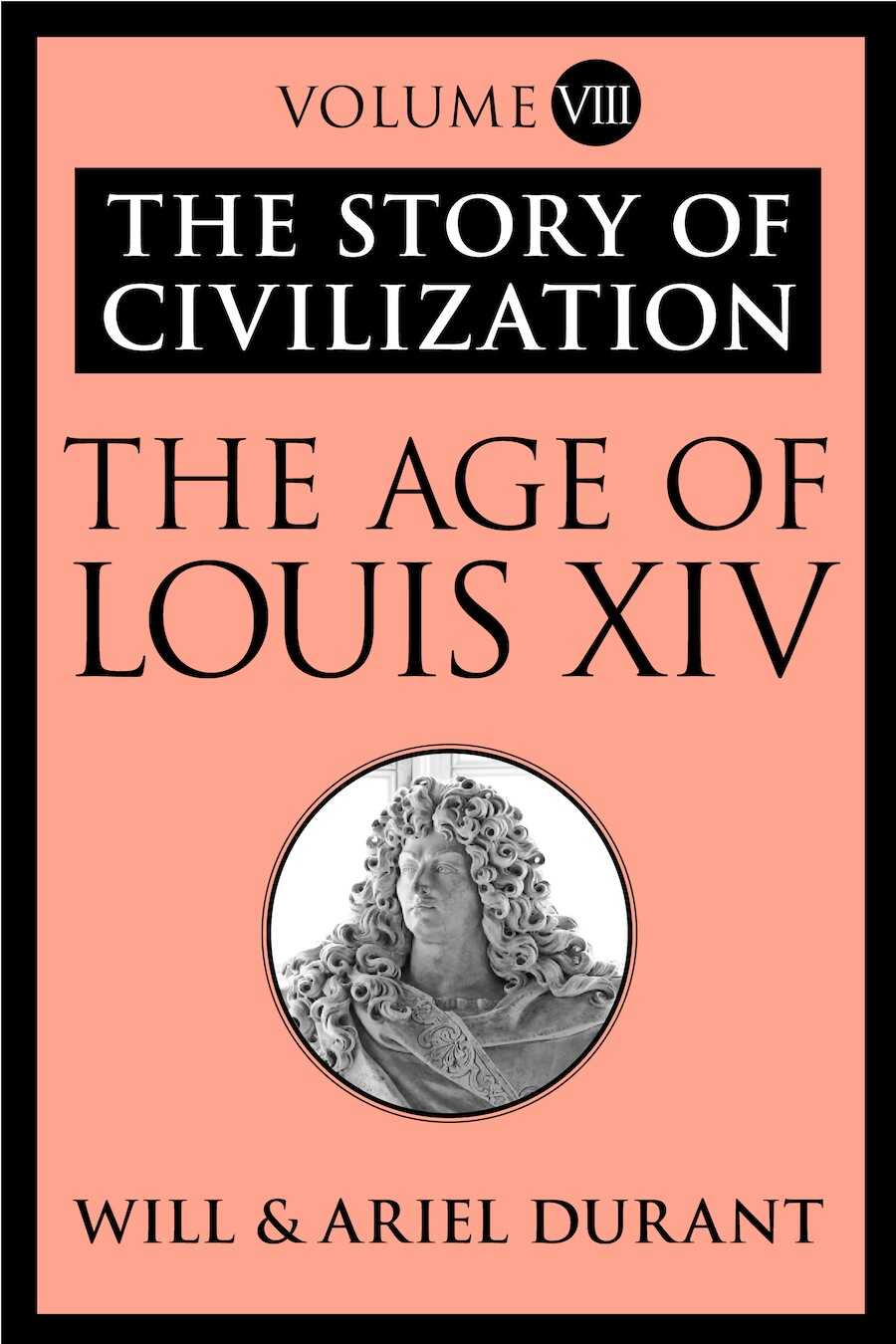Книга Начало Века Разума. История европейской цивилизации во времена Шекспира, Бэкона, Монтеня, Рембрандта, Галилея и Декарта: 1558—1648 гг. - Уильям Джеймс Дюрант
На нашем литературном портале можно бесплатно читать книгу Начало Века Разума. История европейской цивилизации во времена Шекспира, Бэкона, Монтеня, Рембрандта, Галилея и Декарта: 1558—1648 гг. - Уильям Джеймс Дюрант полная версия. Жанр: Книги / Разная литература. Онлайн библиотека дает возможность прочитать весь текст произведения на мобильном телефоне или десктопе даже без регистрации и СМС подтверждения на нашем сайте онлайн книг knizki.com.
Шрифт:
-
+
Интервал:
-
+
Закладка:
Сделать
Перейти на страницу:
Перейти на страницу:
Внимание!
Сайт сохраняет куки вашего браузера. Вы сможете в любой момент сделать закладку и продолжить прочтение книги «Начало Века Разума. История европейской цивилизации во времена Шекспира, Бэкона, Монтеня, Рембрандта, Галилея и Декарта: 1558—1648 гг. - Уильям Джеймс Дюрант», после закрытия браузера.
Книги схожие с книгой «Начало Века Разума. История европейской цивилизации во времена Шекспира, Бэкона, Монтеня, Рембрандта, Галилея и Декарта: 1558—1648 гг. - Уильям Джеймс Дюрант» от автора - Уильям Джеймс Дюрант:
Комментарии и отзывы (0) к книге "Начало Века Разума. История европейской цивилизации во времена Шекспира, Бэкона, Монтеня, Рембрандта, Галилея и Декарта: 1558—1648 гг. - Уильям Джеймс Дюрант"
























